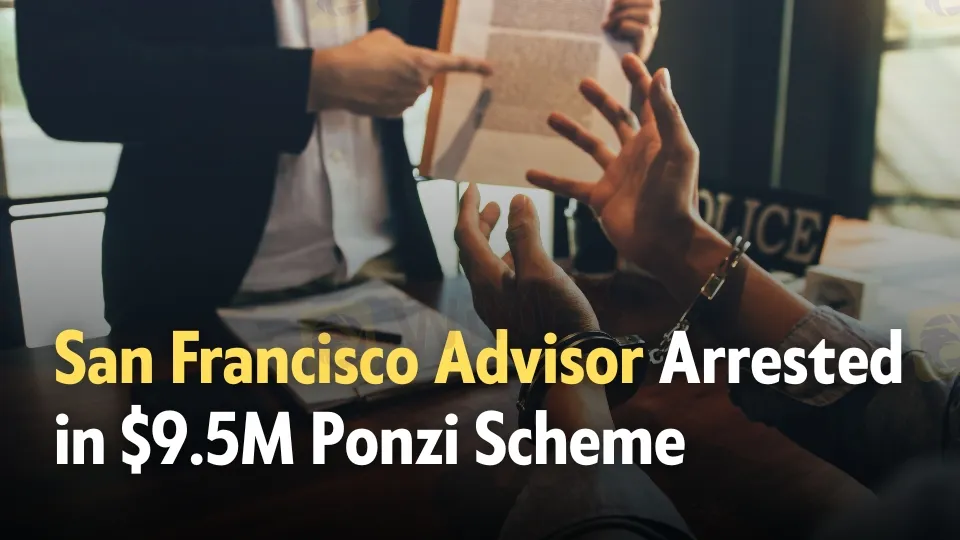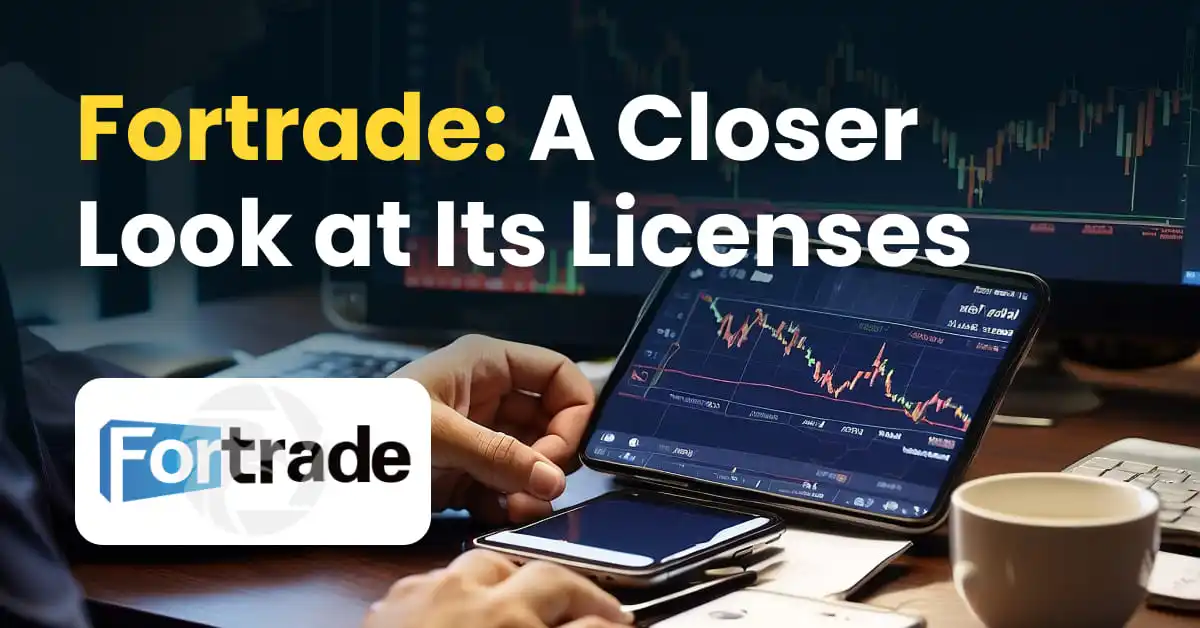简体中文
繁體中文
English
Pусский
日本語
ภาษาไทย
Tiếng Việt
Bahasa Indonesia
Español
हिन्दी
Filippiiniläinen
Français
Deutsch
Português
Türkçe
한국어
العربية
San Francisco Financial Advisor Arrested in $9.5M Ponzi Scheme
Abstract:Federal prosecutors charge Edwin Emmett Lickiss Jr. in a $9.5M Ponzi scheme involving fake investments, wire fraud, and money laundering across California and Idaho.

Alleged $9.5M Ponzi Scheme Unveiled in San Francisco
Federal prosecutors have charged Edwin Emmett Lickiss Jr., a longtime San Francisco financial advisor, in connection with a massive Ponzi scheme that allegedly defrauded investors of at least $9.5 million. The scheme, which lasted for decades, preyed on unsuspecting victims across California, Idaho, and other states.
The indictment, handed down by a federal grand jury last week, accuses Lickiss of wire fraud and money laundering. The case centers around Lickisss operation of Foundation Financial Group, a financial advisory firm he ran from offices in Danville and Alamo. Despite having his broker license suspended in 2014, prosecutors say Lickiss continued to solicit investments from clients for nearly a decade.
According to court documents, the alleged fraud involved nonexistent bonds that Lickiss promised would provide returns exceeding 20%. He touted them as exclusive, “safe, secure, and tax-free” government securities that could be cashed out at any time. To maintain the illusion of legitimacy, Lickiss fabricated promissory notes on his companys letterhead and made “lulling payments” to investors, which were actually stolen funds from newer victims.

How the $9.5 Million Ponzi Scheme Worked
Lickisss alleged Ponzi scheme, which reportedly targeted at least 50 investors, relied on the classic technique of using incoming investor money to pay returns to earlier investors. This method concealed the fraud for years. Additionally, Lickiss used the stolen funds for lavish personal expenses, including home renovations, travel, and car payments.
To further disguise his actions, Lickiss made false claims to investors, asserting that both he and his family had invested heavily in the same bonds. He even promised no fees, telling clients that his wealth from the investments meant he no longer needed to charge them. When investors requested their funds, Lickiss allegedly cited excuses such as family illness or bank holds on the funds.
Notably, Lickiss failed to disclose his suspension in 2014 or the complete revocation of his broker license in 2016, which prosecutors argue would have led investors to reconsider their investments.
Legal Action and Potential Penalties
Lickiss appeared in federal court in San Francisco for his initial hearing and faces severe penalties. If convicted on the wire fraud charge, he could spend up to 20 years in prison, while the money laundering charge carries a potential 10-year sentence. Each count also includes the possibility of fines up to $250,000.
In addition to the criminal charges, the Securities and Exchange Commission (SEC) has filed a civil case against Lickiss in the same federal district, seeking further financial penalties. Lickiss, like all criminal defendants, is presumed innocent until proven guilty in court.

Disclaimer:
The views in this article only represent the author's personal views, and do not constitute investment advice on this platform. This platform does not guarantee the accuracy, completeness and timeliness of the information in the article, and will not be liable for any loss caused by the use of or reliance on the information in the article.
Read more

Top 4 Forex Scam Tactics Fake Brokers Use to Trap Investors
Fake forex brokers always have multiple plans to dupe investors, including even the experienced ones. The constant complaints surrounding too-good-to-be-true schemes duping investors have made headlines in many forex journals. It’s time to stay vigilant against forex scam tactics that fraudulent brokers usually employ to defraud investors. In this article, we will talk about the top four forex scam tactics.

Which Currency Pairs are Most Commonly Traded in India?
Currency pairs play a crucial role in forex trading. To effectively participate in the forex market, it's important to understand which currency pairs are most relevant in your country. For traders in India, knowing the actively traded currency pairs is essential.

Inside the Fake ‘Datuk Seri’ RM400,000 Investment Scam
A man allegedly posing as a "Datuk Seri" is under scrutiny after several individuals reported being defrauded through an investment scheme believed to be linked to him.

Fortrade: A Closer Look at Its Licenses
When selecting a broker, understanding its regulatory standing is an important part of assessing overall reliability. For traders seeking to protect their capital, ensuring that a platform operates under recognised and stringent oversight can make all the difference. Keep reading to learn more about Fortrade and its licenses.
WikiFX Broker
Latest News
Thailand-Cambodia War Pressures Thai Baht in Forex Market
Treasury yields tick lower as investors look ahead to Fed's interest rate decision
Does XS.com Hold Leading Forex Regulatory Licenses?
Chile Bumps Up Copper Price Forecast and Flags Lagging Collahuasi Output
A breakthrough and a burden? What the U.S.-EU trade deal means for the auto sector
Investors Accuse Duttfx Markets of Scam: What You Should Know
Treasury yields flat as investors look ahead to Fed's interest rate decision
Bitget Lists Caldera for Spot Trading | What Should You Know?
China's latest AI model claims to be even cheaper to use than DeepSeek
European stocks head for higher open with earnings and U.S. trade deals in focus
Currency Calculator



